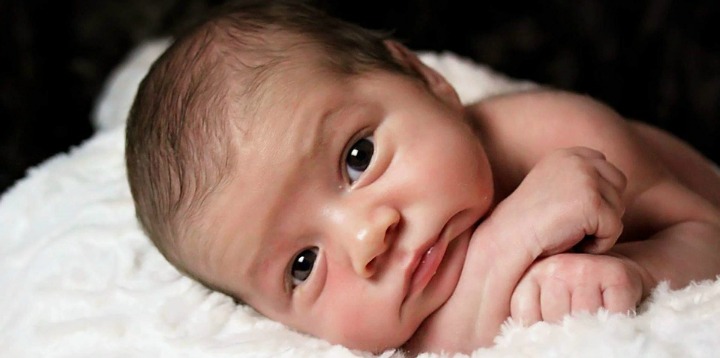Baby Blues
According to statistics, approximately 80% of moms will experience the emotional rollercoaster known as the ‘baby blues’ after giving birth.
The adjustment to a new baby usually involves rapidly changing moods, weepiness, and a general feeling of being overwhelmed. Put simply, the hormones released to sustain a healthy pregnancy drop sharply, and immediately, following delivery, causing a swift change in your emotions. This, coupled with sleep deprivation and the sudden and vast life changes that come with being a new parent, contribute to what feel like overwhelming feelings in the early stages of parenthood.
Fortunately, the baby blues don’t last forever. However, a further 20% of women will experience perinatal mood or anxiety disorders such as postpartum depression, so it’s important to be able to distinguish whether what you are feeling are the baby blues, or something more serious that may require professional help.
Postpartum Depression
“Some of the emotions of baby blues can overlap with postpartum depression,” says Karen Kleiman, founder and director of the Postpartum Stress Center in Rosemont, Pennsylvania and an advisory board member of the Seleni Institute. “For example, all new mothers cry. But if you cry all day, for many days, and are unable to function because you’re crying too much, that’s different. It’s not what you’re feeling, necessarily. It’s how often you feel it, how long you have been feeling this way, and how much it impedes your functioning. And the fundamental differentiation between the blues and postpartum depression is timing”, says Kleiman.
“If symptoms of distress emerge after (or last longer than) two to three weeks after delivery, it’s no longer considered to be baby blues.” It’s also important to know that some of the most common symptoms of perinatal mood and anxiety disorders, such as persistent anxiety and rage, don’t resemble the stereotype of a lethargic, sadness-filled depression.
If you experience one or more of the following, what you are feeling may be a perinatal mood or anxiety disorder:
• you’re weepy and feel a sense of being overwhelmed for longer than three weeks after delivery
• you’re unable to function
• you feel your symptoms are unbearable
• you’re unable to sleep, even though you are exhausted
• you want to sleep all the time or are sleeping more than usual
• you cry continuously
• you can’t enjoy your baby at all
• you don’t want to spend time with your baby
• you feel afraid of your baby
• you have a dramatic change in appetite
• you’re troubled by anxious thoughts about your baby being harmed
• you feel intense rage
• you have a personal or family history of depression or anxiety
• you withdraw from activities you normally enjoy
• you feel that you’ve ‘gone away’ or lost yourself
• you think about harming yourself
• you believe your family would be better off without you or that you never should have become a mother
The Importance Of Reaching Out
“Motherhood is a huge transition,” says Katherine Stone, founder and CEO of Postpartum Progress, a US nonprofit focused on raising awareness of perinatal mood and anxiety disorders. “You’re learning about your brand-new child and yourself and how you want to parent and be a mom. So there is upheaval no matter what.”
But Stone cautions that it can be hard for women to recognize when they have an illness that requires treatment and encourages women to lean on the idea of getting checked out. “Any time you’re worried about the way you’re feeling or thinking, then it’s time to let someone you trust know how you feel,” agrees Kleiman.
There is no shame in reaching out for help. Perinatal mood and anxiety disorders such as postpartum depression are common and very treatable. But without treatment, PPD can turn into chronic depression, which is much harder to treat. With appropriate treatment and support, you’ll quickly realize you’re not alone. You’ll eventually find that you can feel so much better and begin to enjoy life with your new family. “If we reach out sooner and realize that we don’t have to white-knuckle through this, there is so much pain we could all avoid”, says Stone.











